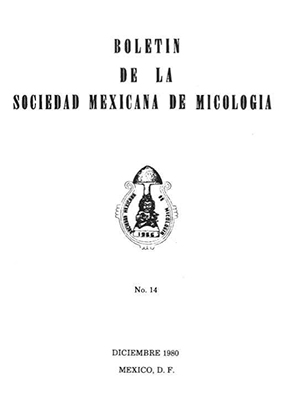Molecular markers for comparative studies of variation in ecology and systematics
DOI:
https://doi.org/10.33885/sf.1998.3.866Keywords:
molecular markers, proteins, DNA, polymorphism, ecology, systematicsAbstract
Variation in the organisms comes as consequence of ontogenetic, environmental
or genetic changes. Polymorphism is the discontinuous genetic variation associated with non-sexual
processes. Polymorphism may or may not be conspicuous and results from changes in the DNA due mutations
or recombination. Variation at the individual, population or species level allows to find inherited attributes
(morphological or molecular) that show if the variants under study belong or not to the same organism,
population or species. The presence of these shared attributes distinguishes the ontogenetic, population or
historical individuality. This manuscript describes molecular markers used to sample variation within and
among populations for ecological or systematic studies. Methods to obtain markers from proteins are
reviewed first, followed by those from nucleic acids. Some of these molecular markers'are: immunological
essays, isozyme electrophoresis, restriction fragment length polymorphisms, random amplified polymorphic
DNAs, mini and microsatellites. single strand conformation polymorphism and DNA sequencing. Available
molecular markers have helped solve diverse ecological and systematic problems, like: parentage, diversity,
hybridization, geog'raphic variation, speciation and phylogeny, among others. These markers can be explored
in any gene or gene product from any organism.
Downloads
Downloads
How to Cite
Issue
Section
License
Copyright notice
Open access policy
The authors who publish in this journal accept the following conditions:
In accordance with copyright laws, Scientia Fungorum recognizes and respects the authors’ moral rights, as well as the ownership of property rights, which will be transferred to the journal for dissemination in open access. Scientia Fungorum does not charge for submission and processing of articles for publication.
All the texts published by Scientia Fungorum –with no exception– are distributed under a Creative Commons License Attribution-NonCommercial-ShareAlike 4.0 International (CC BY-NC-SA 4.0), which allows third parties to use the publication as long as the work’s authorship and its first publication in this journal are mentioned.
The authors can enter into independent and additional contractual agreements for the nonexclusive distribution of the version of the article published in Scientia Fungorum (for example include it into an institutional repository or publish it in a book) as long as it is clearly and explicitly indicated that the work was published for the first time in Scientia Fungorum.
For all the above, the authors shall send the form of Letter-transfer of Property Rights for the first publication duly filled in and signed by the author(s). This form must be sent as a complementary file.
This work is licensed under a Creative Commons Attribution-NonCommercial-ShareAlike 4.0 International license (CC-By-NC-SA 4.0).



